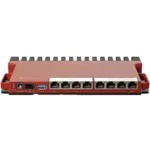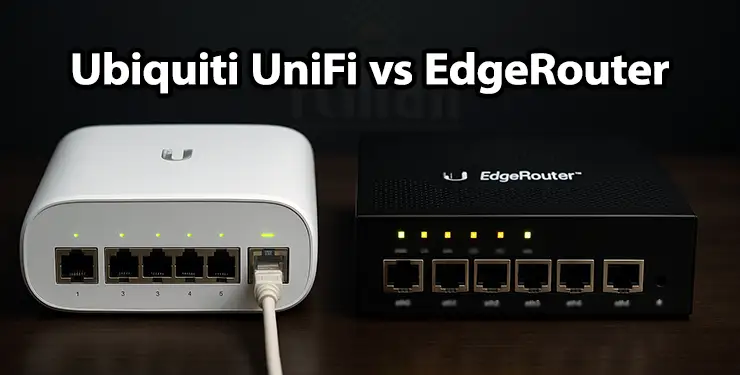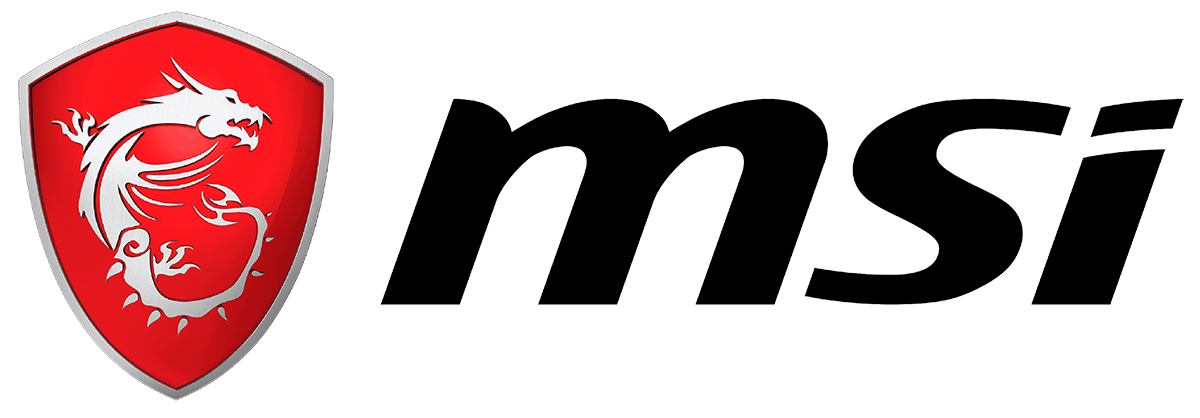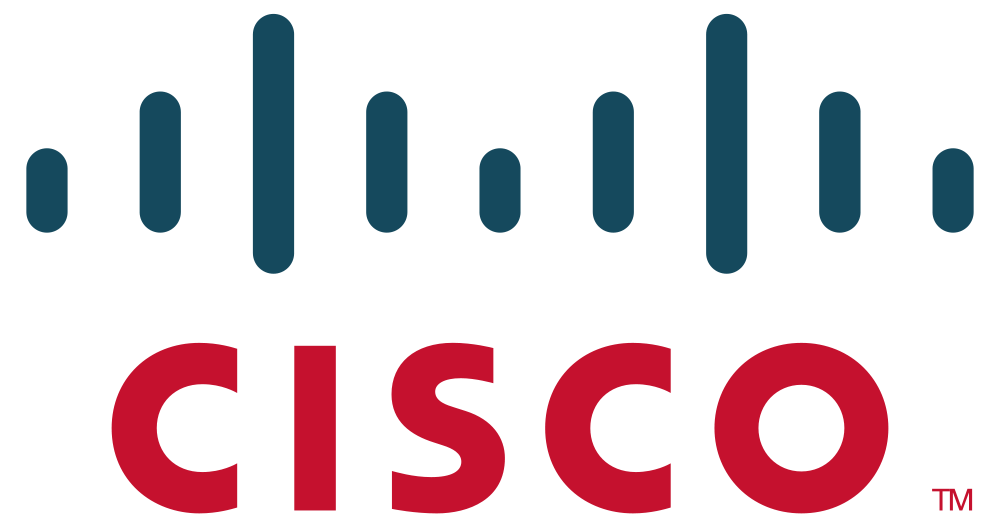Choosing the right networking equipment can make or break the performance and reliability of your infrastructure. When it comes to Ubiquiti — one of the most trusted names in networking hardware — two product lines often come head-to-head: Ubiquiti UniFi and EdgeRouter. Each has its strengths and ideal use cases, but which one fits your specific networking needs?
In this in-depth comparison, we’ll explore the key differences between UniFi and EdgeRouter in terms of design philosophy, features, performance, management, scalability, and use cases. Whether you’re managing a home lab, a small business network, or a large enterprise, this guide will help you choose the best option for your setup.
Introduction to Ubiquiti’s Product Lines
Ubiquiti is known for providing high-performance networking equipment at a competitive price. The two most popular product families are:
- Ubiquiti UniFi: Designed for scalable, cloud-managed networks with a focus on simplicity and integration.
- Ubiquiti EdgeRouter: Tailored for advanced users and ISPs, offering granular control and high performance with CLI and GUI-based configuration.
Both product lines are built with powerful hardware and robust software, but the way they operate and who they’re built for are fundamentally different.
Key Differences at a Glance
| Feature | Ubiquiti UniFi | Ubiquiti EdgeRouter |
|---|---|---|
| Management | UniFi Controller / UniFi Network app | EdgeOS (GUI & CLI) |
| Target Users | SMBs, Enterprises, Home Networks | Power users, ISPs, Network Engineers |
| Learning Curve | Low | Moderate to High |
| Routing Capabilities | Basic to Intermediate | Advanced (OSPF, BGP, Policy Routing) |
| Wireless Integration | Tight (with UniFi APs) | None (no wireless products) |
| VPN Support | Limited (L2TP/IPsec) | Strong (OpenVPN, IPsec, GRE, etc.) |
| Firewall Control | GUI-based Rules | Advanced rule sets and zones |
| Performance | Optimized for all-in-one setups | High-performance routing |
Ubiquiti UniFi: Simplified Networking for Scalability
What is Ubiquiti UniFi?
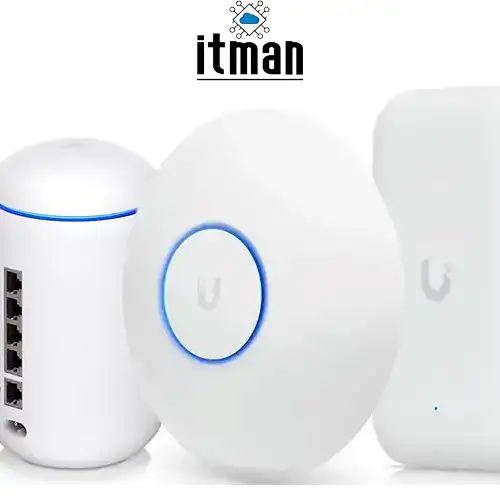
The UniFi ecosystem is designed to be intuitive, scalable, and user-friendly. It includes access points, switches, routers (like the UniFi Dream Machine), and security gateways, all managed through a centralized controller.
Who Should Use UniFi?
UniFi is ideal for:
- Small and medium-sized businesses
- Hospitality and retail networks
- Educational institutions
- Home users who want enterprise-level performance without complexity
Main Features of Ubiquiti UniFi
- Cloud-Based Controller: All UniFi devices are managed through the UniFi Network Controller, available as a software install or built into devices like the UniFi Dream Machine.
- Single Pane of Glass: View and manage all switches, access points, and routers in one dashboard.
- Auto Discovery & Zero-Touch Provisioning: New devices are detected automatically.
- Deep Wireless Integration: Seamless handoff between UniFi access points with full control of SSIDs, VLANs, guest networks, and traffic shaping.
- Security & Monitoring: Includes basic firewall rules, DPI (Deep Packet Inspection), and threat management on certain models.
Benefits of Ubiquiti UniFi
- Ease of use: Even non-technical users can set up and maintain a UniFi network.
- Unified ecosystem: Seamless integration with UniFi Protect (CCTV), Access (entry control), and Talk (VoIP).
- Scalability: Easily scale from a single office to multi-site deployments.
- Attractive interface: The UniFi dashboard is modern, visual, and informative.
Limitations
- Routing limitations: While UniFi routers can handle basic tasks well, they’re not built for complex routing scenarios.
- Less flexibility: Advanced configurations may not be possible without controller workarounds or SSH.
Ubiquiti EdgeRouter: Power and Precision for Professionals
What is EdgeRouter?
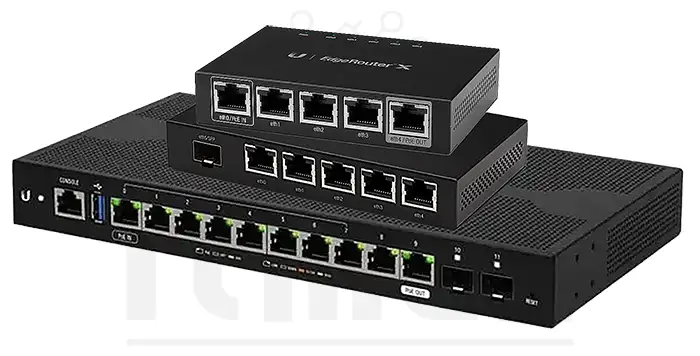
EdgeRouter is part of Ubiquiti’s EdgeMAX product line, built for users who need fine-grained control over routing, firewall, and VPN configurations. It runs EdgeOS, a powerful Linux-based operating system with both a web GUI and full command-line access.
Who Should Use EdgeRouter?
EdgeRouter is ideal for:
- ISPs and WISPs (Wireless ISPs)
- Network engineers and IT professionals
- Power users managing complex networks
- Labs and custom routing environments
Main Features of EdgeRouter
- Advanced Routing Protocols: Supports OSPF, BGP, RIP, and static routes.
- Firewall & NAT Control: Create detailed firewall rules using zones and interfaces.
- Performance Optimization: Hardware acceleration for packet forwarding and NAT.
- VPN Versatility: Support for multiple VPN types, including IPsec, OpenVPN, GRE, and PPTP.
- CLI Access: Complete control over configuration through a powerful Linux-based CLI.
- Multiple Interfaces: Many models offer SFP ports, PoE passthrough, and multiple Gigabit Ethernet interfaces.
Benefits of Ubiquiti EdgeRouter
- Superior performance under load: Handles heavy routing and firewall tasks with minimal latency.
- Customizability: Allows for fine-tuned, scriptable configurations.
- Firewall flexibility: Advanced policies for segmentation, filtering, and QoS.
- ISP-grade reliability: Commonly deployed in service provider networks.
Limitations
- Steeper learning curve: Requires networking knowledge and comfort with CLI.
- No wireless integration: EdgeRouter is strictly wired and does not manage access points natively.
- Lack of centralized management: Unlike UniFi, it doesn’t offer a cloud controller for full ecosystem visibility.
Practical Scenarios: Which One to Use?
1. Home Network with Access Points
Winner: Ubiquiti UniFi
UniFi is built for integrated wireless and wired networks, ideal for creating a seamless home Wi-Fi experience with parental controls, guest access, and remote management.
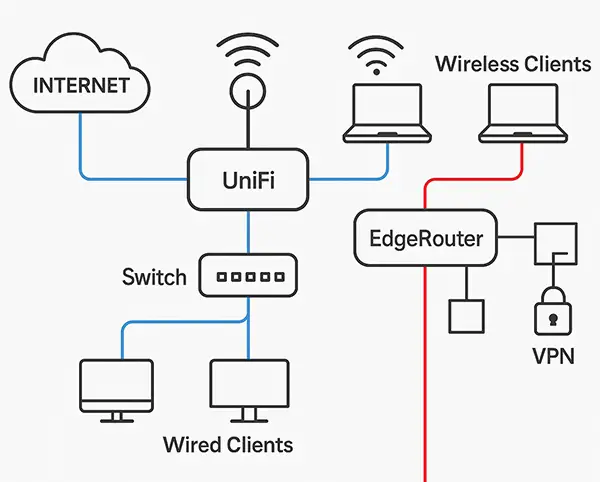
2. ISP or Custom Routing
Winner: EdgeRouter
If you need to manage multiple WANs, apply policy-based routing, or configure BGP between networks, EdgeRouter is the clear choice.
3. Office with Multiple Floors
Winner: UniFi
Thanks to its controller-based design, UniFi excels in multi-floor and multi-building environments where centralized management and Wi-Fi roaming are key.
4. VPN-Heavy Environment
Winner: EdgeRouter
For sites that require secure, multi-site VPNs or advanced encryption tunnels, EdgeRouter offers unmatched flexibility.
Scalability and Ecosystem Integration
Ubiquiti UniFi Ecosystem
UniFi isn’t just a router—it’s a platform. You can build a complete stack with:
- UniFi Switches (managed Layer 2/3)
- UniFi Access Points
- UniFi Protect (CCTV)
- UniFi Talk (VoIP)
- UniFi Access (Entry Control)
This makes it ideal for businesses looking for an all-in-one solution with a consistent management interface.
EdgeRouter Ecosystem
EdgeRouter stands on its own. While it pairs well with EdgeSwitches, it lacks the integrated management that UniFi offers. For wireless, you’ll need to use third-party access points or bridge with UniFi via VLANs, which adds complexity.
Performance Comparison
| Test Scenario | UniFi Dream Machine Pro | EdgeRouter 4 |
|---|---|---|
| Max Throughput (Firewall) | ~3.5 Gbps | ~3.4 Gbps |
| Max VPN Throughput | ~250 Mbps (IPsec) | ~500 Mbps (IPsec) |
| DPI/Threat Management | Supported | Not native |
| Packet Inspection | Simplified | Custom via CLI |
| Dual WAN Support | Yes | Yes (with policies) |
EdgeRouter tends to win in raw configurability and VPN performance, while UniFi’s edge is in usability and unified control.
Security Features: What Matters?
- Ubiquiti UniFi: Best for simple rule sets, guest isolation, DPI-based filtering, and threat management via IDS/IPS. It’s perfect for businesses that want automated protection with minimal manual setup.
- EdgeRouter: Offers granular firewall zones, port-forwarding policies, and customizable VPNs. If security is mission-critical and you need to script responses or use CLI-level rule enforcement, it’s your go-to.
Future-Proofing: Which Has More Longevity?
If your organization plans to grow, Ubiquiti UniFi is often the smarter investment because of its:
- Continuous updates via the controller
- Seamless integration of new devices
- Strong community support
- Mobile app-based control
EdgeRouter is ideal if you’re confident in your network’s complexity and want complete control without vendor lock-in.
Final Verdict: Which Should You Choose?
- Choose Ubiquiti UniFi if you want a cloud-managed, easy-to-deploy solution with beautiful dashboards, scalable access points, and a solid router for most business and residential needs.
- Choose Ubiquiti EdgeRouter if you’re a network professional or ISP looking for robust routing, VPN control, and firewall flexibility with no need for wireless integration.



